Hey, Athlete—Feeling Stressed? Let’s Fix That.
You train hard. You fuel up with the right foods (most of the time, anyway). You even foam roll, even though it feels like medieval torture. But there’s one sneaky little thing that can wreck your performance faster than forgetting your pre-game snack: stress.
Yep, whether you’re chasing PRs, competing, or just trying to stay active and injury-free, managing stress is a game-changer. And we’re not just talking about the occasional pre-race jitters. Chronic stress can mess with your recovery, sleep, and even your muscle gains.
So let’s break down what stress does to your athletic performance (spoiler: it’s not great), how to stop it from tanking your gains, and some science-backed (and hilarious) ways to manage it like a pro.
Stress 101: The Science-y Bit (Without Putting You to Sleep)
Stress is basically your body’s way of saying, “Oh crap, something’s happening!” Your nervous system freaks out, your brain pumps out cortisol, and suddenly, you’re in full fight-or-flight mode.
Now, a little bit of stress is actually good—short-term stress can make you sharper, quicker, and more focused (think: game day adrenaline). But when stress doesn’t go away, and your cortisol stays cranked to 11, that’s when things go downhill. Such as:
- Cortisol overload = muscle breakdown, fat retention, and energy crashes
- Increased inflammation = slower recovery and higher injury risk
- Messed-up sleep = poor muscle repair and sluggish workouts
- Mental fog = losing focus in the middle of a competition or a set
So, yeah… not ideal. But don’t worry, I’ve got some battle-tested strategies to help you chill out and get back to crushing it.
8 Science-Backed Ways to Manage Stress and Still Have a Life
1. Sleep like it's your job.
If you’re running on five hours of sleep and three cups of coffee, no amount of deep breathing will fix your stress. Sleep is the #1 recovery tool.
Research from the International Journal of Sports Physiology and Performance shows that athletes who sleep less than 6 hours per night experience declines in endurance, reaction time, and strength (Watson, 2017). Chronic sleep deprivation increases cortisol and reduces testosterone, leading to sluggish recovery and reduced performance.
Here are some sleep hacks that actually work:
- Stick to a bedtime routine (yeah, even adults need one)
- Take Legion Athletics' Lunar Sleep Aid for better relaxation (Click here and use HGA for 20% off)
- Keep your bedroom dark, cool, and free of notifications (your phone can wait)
Legion Lunar Sleep Aid
This natural sleep aid contains no artificial dyes, fillers or flavors, and is analyzed by a third party accredited lab for potency and purity. Ingredients include:
- Glycine - an amino acid that acts as a mild sedative
- Melatonin - A hormone that improves sleep quality and reduces the time it takes to fall asleep
- L-Theanine - An amino acid that reduces anxiety and promotes relaxation
- Gamma aminobutyric acid (GABA) - A neurotransmitter that reduces stress and excitement to promote restfulness
Pro tip: Pair with Legion Sucrosomal Magnesium for the ultimate natural sleep aid stack.
2. Adaptogens: Nature’s Chill Pills
Adaptogens are like plant-based Zen masters. They help your body deal with stress without knocking you out.
Studies have found that adaptogens like ashwagandha and rhodiola reduce cortisol and improve endurance performance (Journal of the International Society of Sports Nutrition, 2015).
Science backs these up, and they’re basically legal performance-enhancing drugs (without the whole “banned substance” thing). Here are my top picks:
- Ashwagandha (KSM-66) - Lowers cortisol, improves endurance, and might even help with gains (Click to purchase my favorite product)
- Rhodiola Rosea - Great for mental focus and energy(Click to purchase my favorite product)
- Reishi Mushroom - Supports immunity and relaxation (Click to purchase my favorite product)
3. Breathe Like You Mean It
Controlled breathing can activate the parasympathetic nervous system, which helps lower cortisol and improve heart rate variability (HRV), a marker of recovery (Frontiers in Psychology, 2018).
Turns out, we all kind of suck at breathing. But fixing that can actually lower cortisol in minutes. Enter: box breathing.
Box breathing is my favorite tool for reducing stress because anyone can do it, it’s free, and it doesn’t have to take a lot of time. You can feel the effects in as little as 5 minutes. Here’s how it’s done:
- Inhale for 5 seconds
- Hold for 5 seconds
- Exhale for 5 seconds
- Hold for 5 seconds
Repeat for 5 minutes or until you stop wanting to throw your phone across the room. Bonus: It works great to settle nerves before big presentations, tests, and competitions.
4. Eat Like a (Well-Fueled) Athlete
Your body can’t fight stress if you’re running on sugar and caffeine. Fuel up with stress-fighting nutrients such as:
- Omega-3s - Reduce inflammation and balance cortisol (Click to purchase my favorite product and use code HGA for 20% off)
- Magnesium - Essential for muscle relaxation and stress relief (Click to purchase my favorite product and use code HGA for 20% off)
- Protein - Helps keep blood sugar stable and supports recovery (Click to purchase my favorite product)
Consuming whole, nutrient-dense foods such as lean proteins, healthy fats, and complex carbohydrates ensures a steady energy supply throughout the day. Avoiding processed foods and excessive caffeine intake can help prevent spikes and crashes in blood sugar, which contribute to stress. Staying hydrated is also key, as even mild dehydration can increase cortisol levels and hinder cognitive function.
5. Train Smart, Not Just Hard
Overtraining is just stress in disguise. If you’re always sore, always tired, and feel like a zombie at work, you’re probably overdoing it.
Studies show that overtraining increases cortisol, suppresses the immune system, and reduces performance gains (Sports Medicine, 2016). Many athletes think pushing through fatigue is the key to success, but in reality, the body needs structured rest to adapt and grow stronger. Incorporating active recovery days, mobility work, and periodization into a training plan can help prevent burnout.
Active recovery, such as light cycling or yoga, keeps the body moving without adding stress. Mobility exercises and foam rolling improve blood flow and flexibility, reducing the risk of injury. Staying hydrated and consuming enough electrolytes also support recovery and prevent overtraining from becoming a long-term setback.
6. Strengthen Your Mental Game
Athletes who develop strong mental skills consistently outperform those who neglect them. Visualization techniques help prepare for competitions by reducing anxiety and improving focus. Journaling can track stress patterns and training progress, offering insights into what strategies work best for recovery and performance. Additionally, using affirmations has been shown to boost confidence and motivation, reinforcing a resilient mindset that carries over into competition and training sessions.
Also Read: 7 Strategies to Enhance Mental Toughness
7. Build Your Team (or Just a Workout Buddy)
Social connections play a major role in reducing stress and enhancing motivation. Being part of a team or training with a workout buddy can provide accountability, encouragement, and even a competitive edge. Research published in the Journal of Sports Sciences (2018) suggests that athletes who engage in group training experience lower stress levels and improved performance. Whether it’s joining a local club, finding an online fitness community, or simply having a training partner, social support can make a huge difference in managing stress and staying motivated.
Looking for a community of other nature-based athletes and active individuals?
Check out “Athlete for Life” coaching—a program built for adult athletes to help them optimize performance and manage stress. Learn more here.
8. Use Supplements to Take the Edge Off
While no supplement replaces sleep or smart training, some can help your body adapt to stress faster. Certain vitamins and minerals, such as B-complex vitamins and vitamins D+K, play a role in regulating mood and reducing stress. Herbal supplements like valerian root extract and L-theanine have been shown to promote relaxation and improve sleep quality. Regular use of these supplements, combined with a balanced diet and proper recovery techniques, can enhance resilience to physical and mental stress. Here are my favorite supplements for reducing stress and improving athletic performance:
Vitamin C – An article written in The Journal of Strength and Conditioning Research (1998) shows that just 1 gram per day can reduce cortisol levels. Click here to snag my favorite high-quality and bioavailable supplement (and use code HGA for 20% off).
A Bio-available Multi-vitamin – Bioavailable multivitamins play an important role in stress management by ensuring the body has the essential micronutrients needed for energy production, hormone regulation, and cognitive function. Organ meats are one of the most nutrient-dense sources of bioavailable vitamins which help regulate stress. My favorite organ meat supplement is this one.
Another high-quality, comprehensive multi-vitamin option is Legion Triumph Multivitamin (this one for men, and this one for women) which provides a well-rounded blend of bioavailable nutrients to support overall health and stress resilience. Another reason I love this product is because it contains adaptogens which assist the body in managing stress.
Vitamin B Complex – Taking a Vitamin B complex can help manage stress and enhance athletic performance by supporting energy metabolism and reducing fatigue, as B vitamins play a crucial role in converting food into usable energy (Kennedy, 2016). Additionally, B vitamins such as B6, B9 (folate), and B12 contribute to neurotransmitter synthesis, which regulates mood and stress resilience, potentially reducing anxiety and improving cognitive function under pressure (Young, 2013).
For athletes, deficiencies in B vitamins can impair endurance and recovery, making adequate intake essential for optimal performance and muscle repair (Woolf & Manore, 2006). My favorite Vitamin B Complex supplement is this one because it’s bioavailable and from a brand that I trust to provide the highest-quality products.
legion triumph multivitamin
This multi-vitamin is formulated for athletes and the only one that I’ve found on the market that meets all of these criteria:
- Contains 22 essential vitamins and minerals
- Contains 10 ingredients scientifically shown to improve health, performance, and mood, and to reduce stress, fatigue and anxiety
- Contains no artificial fillers, food dyes, or other chemical junk
- Has 52 peer-reviewed studies to support the combination of ingredients
- Makes a separate formulation for men and women
Pro tip: Pair with Ascend Nootropic and KSM-66 Ashwagandha for the ultimate natural stress-busting supplement stack.
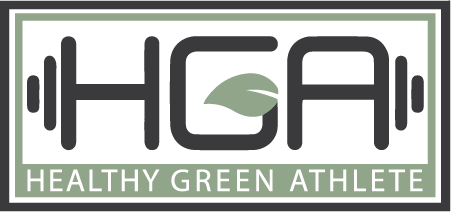

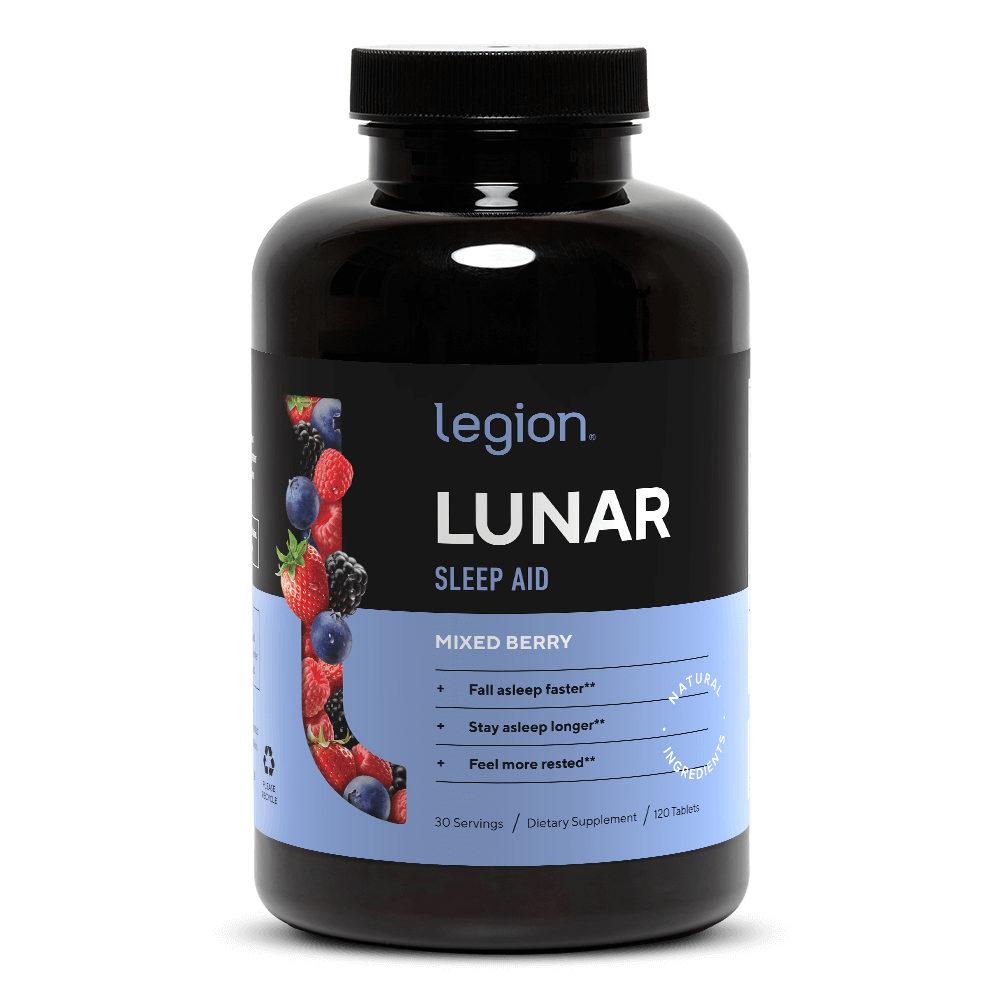
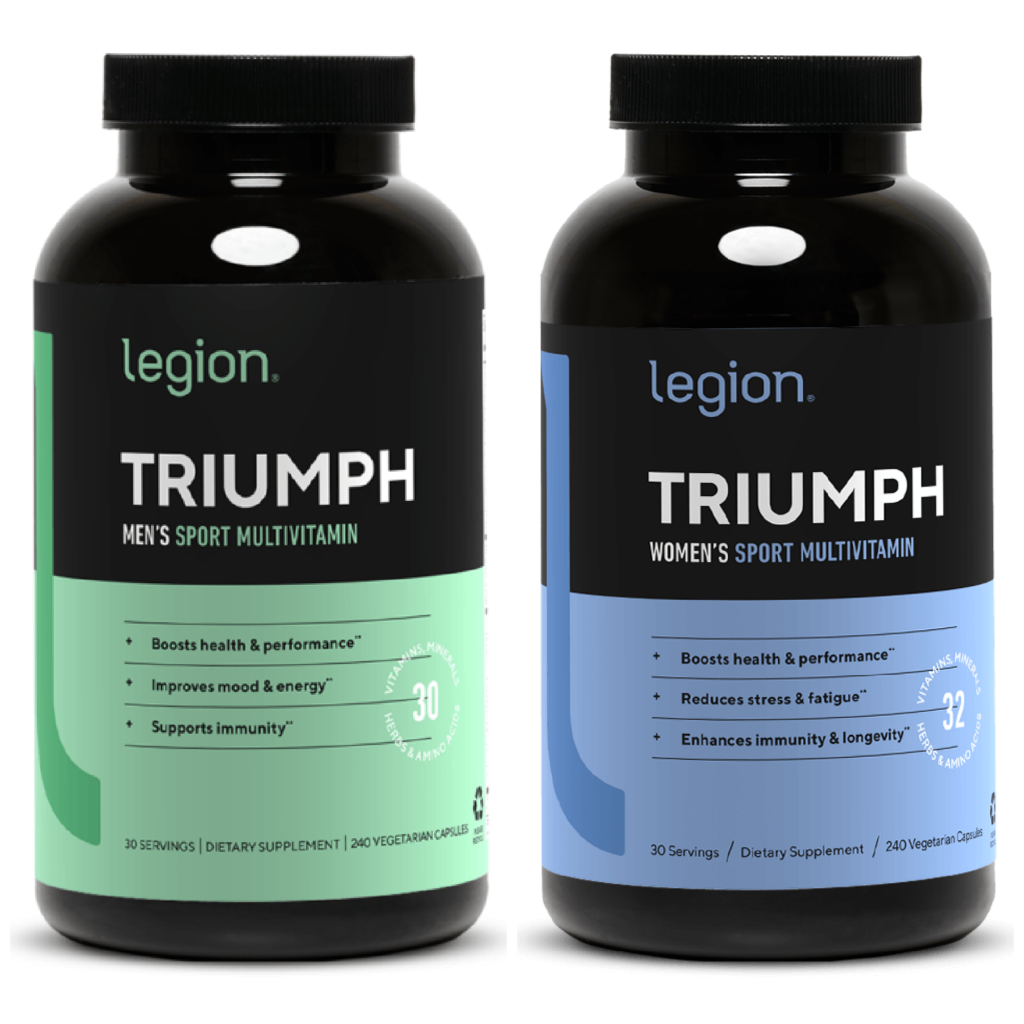
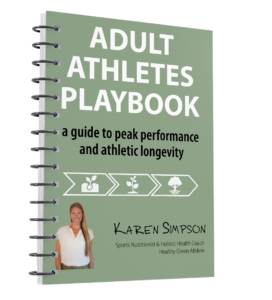

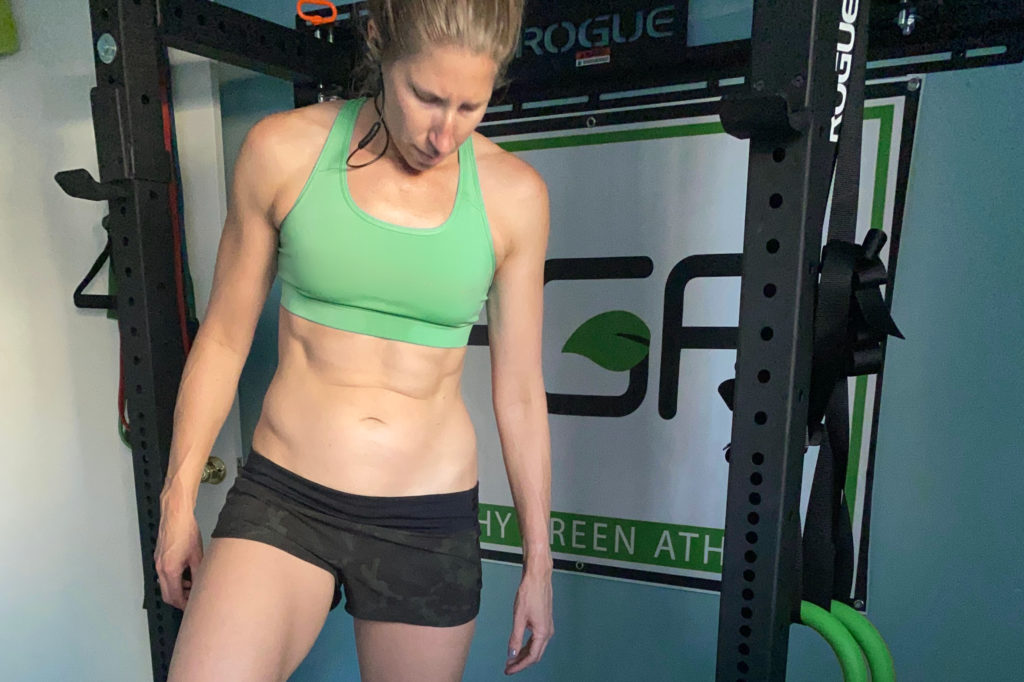

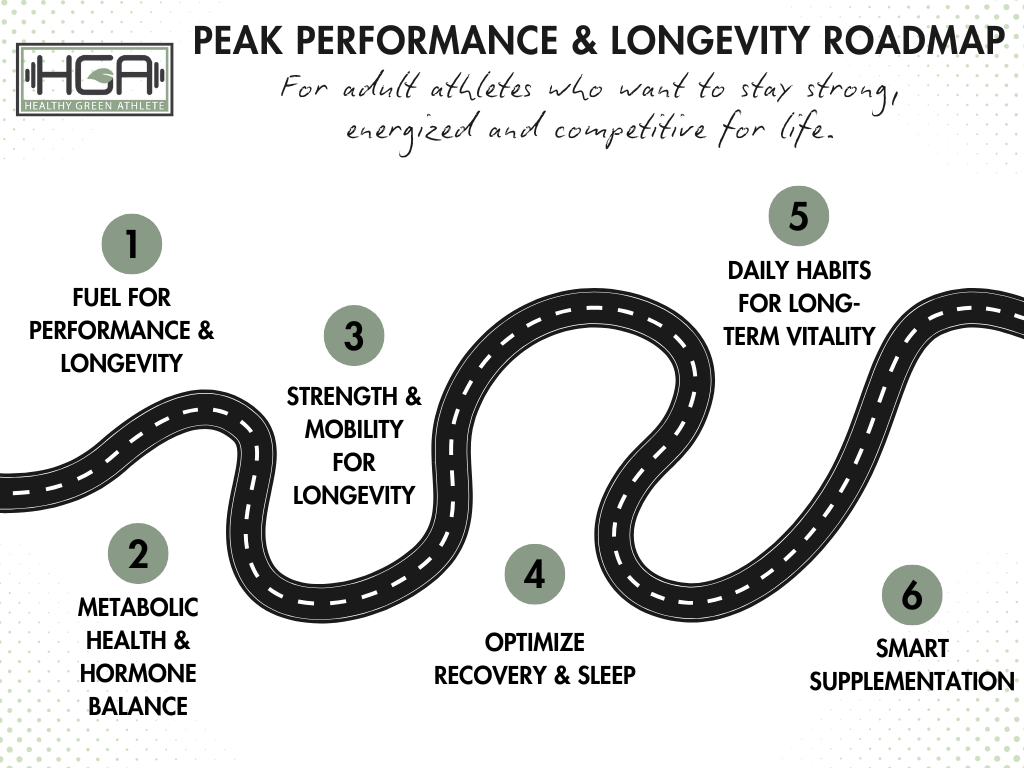
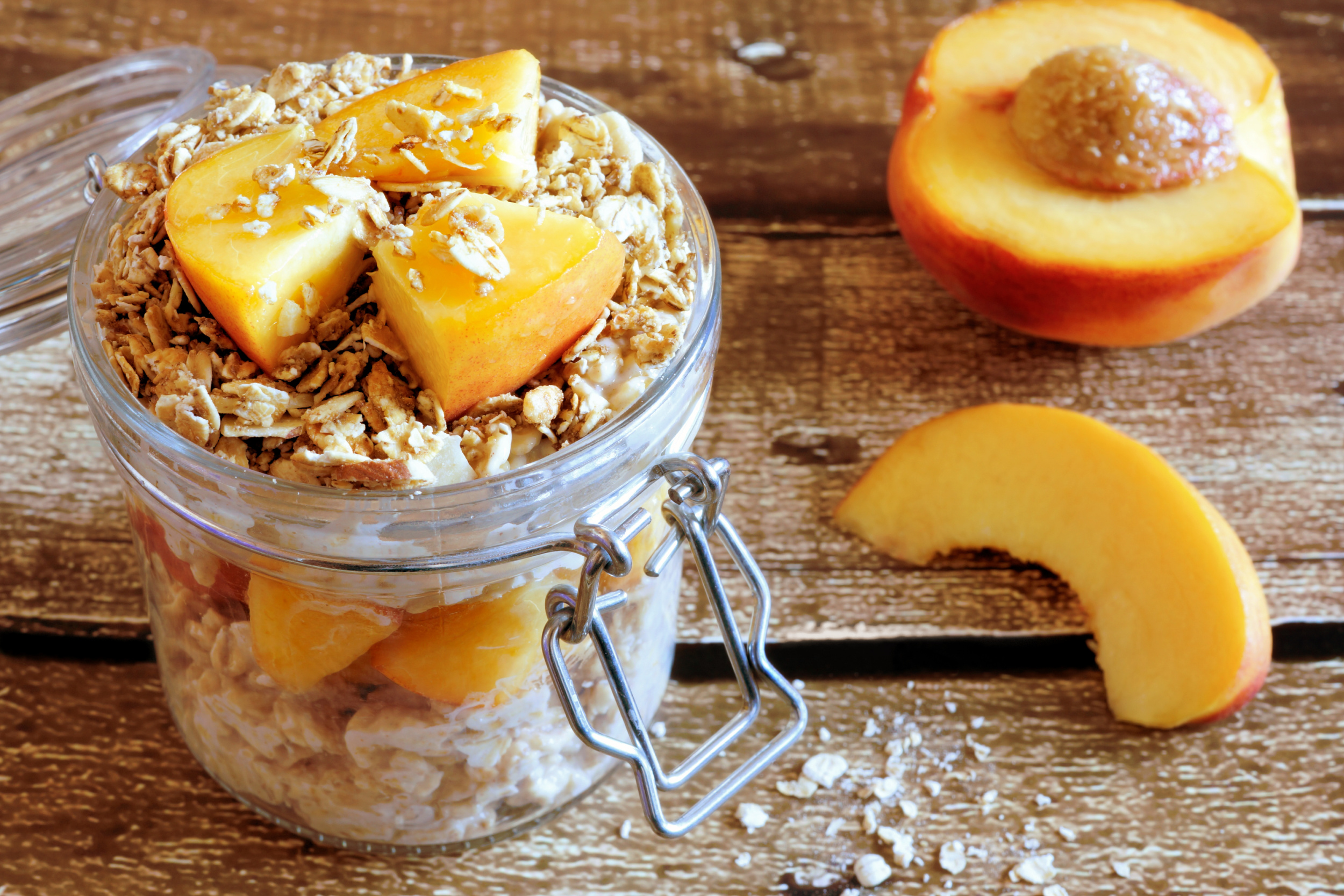
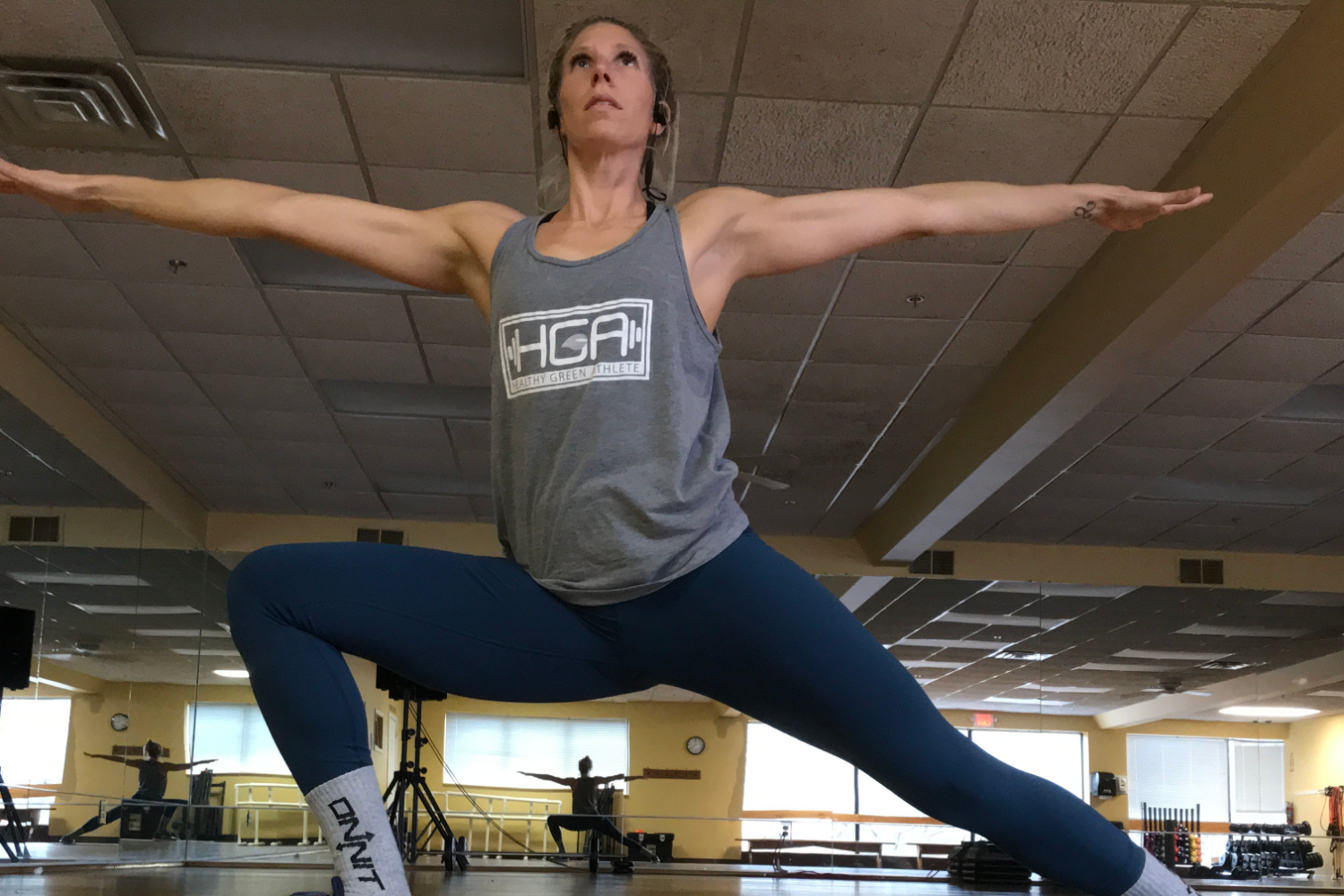




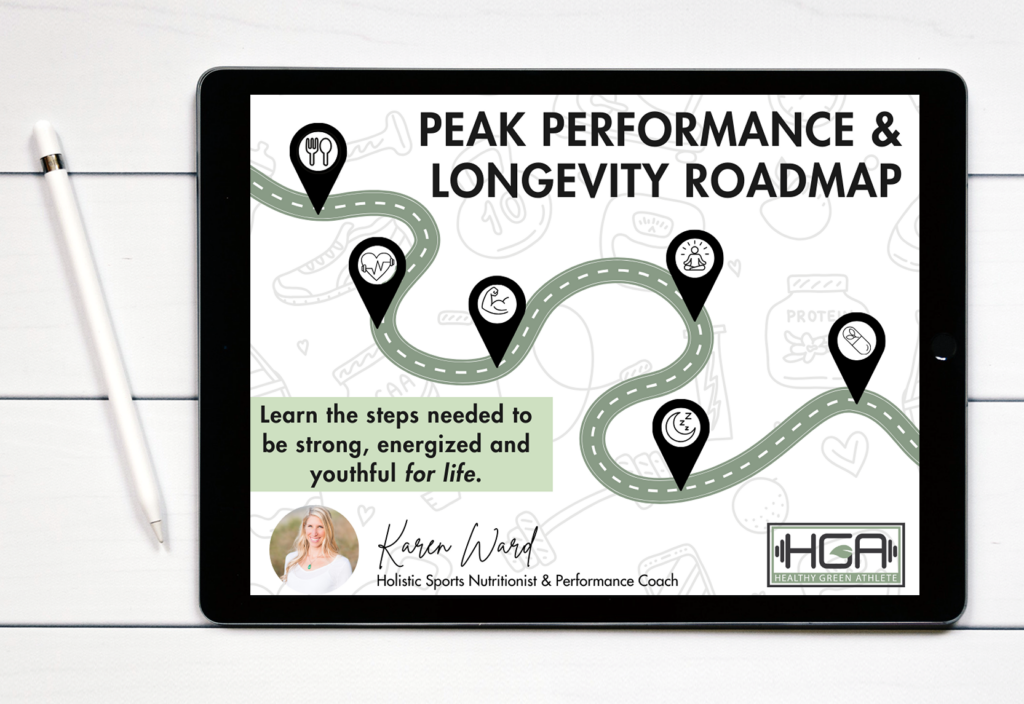
2 Comments
Pingback:
Pingback: